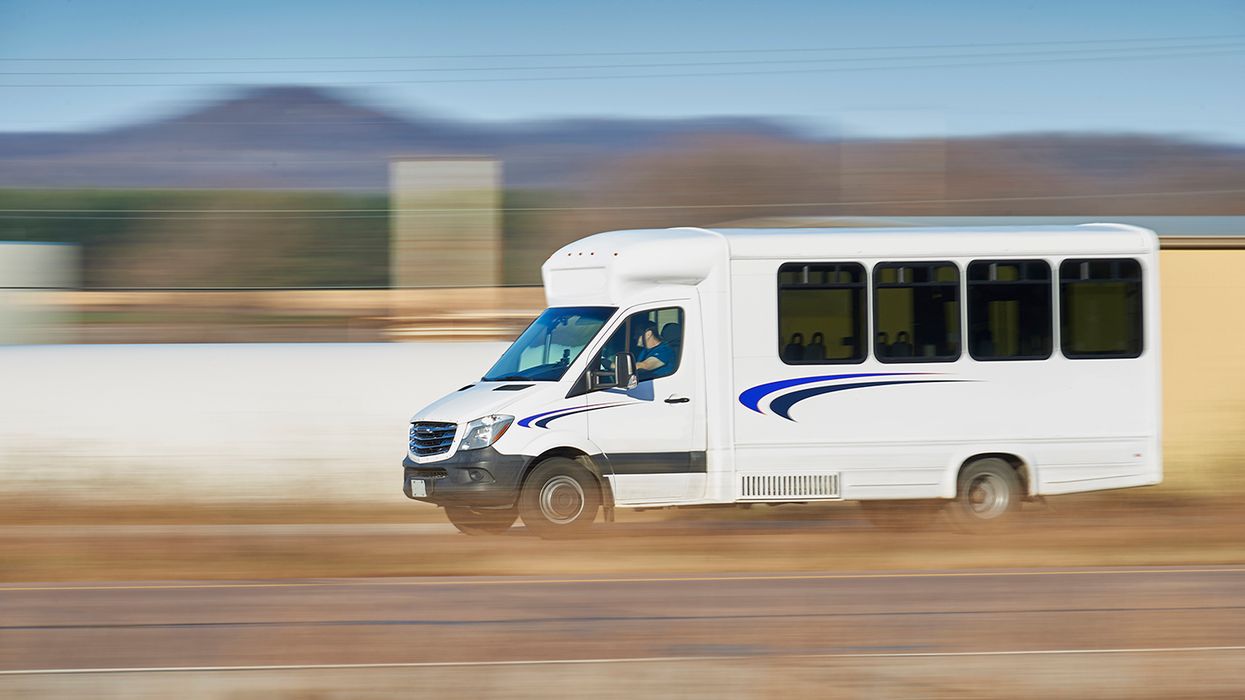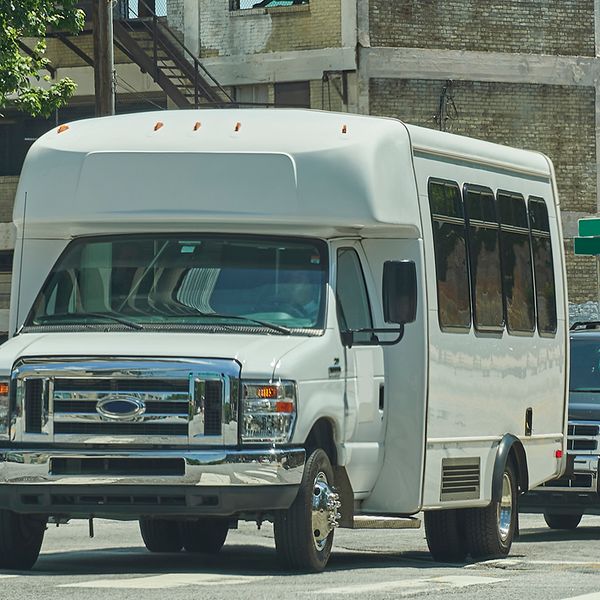New rule cuts red tape for recreational activities
As of April 26, 2024, certain providers of recreational activities will no longer be required to obtain or maintain for-hire DOT operating authority for transporting their customers.
The Federal Motor Carrier Safety Administration (FMCSA) has long held that the term ‘‘for-hire motor carrier’’ includes passenger carriers such as whitewater river rafters, hotel shuttle transporters, and rental car shuttle services that receive indirect payments. The agency’s reasoning is that some type of fee is charged, usually indirectly as part of a total package or other assessment for transportation performed.
A final rule issued by the FMCSA on February 26, 2024, however, exempts one class of passenger carrier from needing for-hire authority: providers of recreational activities. This is true whether they are directly or indirectly compensated for the transportation service.
The FMCSA did not necessarily have a change of heart; Congress required the change through the Infrastructure Investment and Jobs Act signed by President Biden in late 2021.
Conditions apply
To take advantage of the new exemption from the for-hire authority requirement, a motor carrier must:
- Operate passenger vehicles (with or without trailers) transporting between 9 and 15 passengers (including the driver);
- Remain within a 150 air-mile radius of the location at which the passengers initially boarded the motor vehicle at the outset of the trip;
- Lawfully provide the transportation over the entire route if transporting across state lines; and
- Provide transportation furthering recreational activities as defined below.
Recreational activities defined
Congress did not define “recreational activities,” leaving it to the FMCSA to decide who would qualify. In the new rule, the FMCSA says the activity must:
- Consist of an outdoor experience or excursion typically of a physical or athletic nature; and
- Involve transportation solely to move customers to:
- Another location(s) where the outdoor experience or excursion will take place, or
- Back to the place of initial boarding or another outpost of the carrier.
Eligible activities include, but are not limited to, hiking, biking, horseback riding, canoeing, whitewater rafting, water trails, tubing, skiing, snowshoeing, snowmobiling, hunting, fishing, mountain climbing, swimming, and off-highway vehicle driving and riding.
The FMCSA’s definition excludes any activity:
- Where the activity offered or sold occurs simultaneously with the transportation, or
- When the transportation is the primary service offered for sale.
The new definition is found in 49 CFR 372.107, while the exemption itself is described in section 372.113.
Requirements still exist
While recreational-activity transportation providers are conditionally exempt from needing authority, they will still need to:
- Have a USDOT number if operating commercial motor vehicles;
- Follow FMCSA safety rules, e.g., hours of service, driver qualification, vehicle inspections, etc.; and
- Have insurance.
What about existing authority?
Motor carriers that currently have for-hire authority but who are eligible for the new exemption will not automatically have their motor carrier (MC) number removed. To have the authority voluntarily surrendered, the carrier needs to submit form OCE-46 to request the authority revocation. J. J. Keller also recommends the carrier detach the MC number from the USDOT number and deselect “for-hire” on the MCS-150 registration form.
Key to remember: A new rule exempts certain recreational activity providers from needing to obtain for-hire operating authority to transport their customers within a 150-air-mile radius. The change goes into effect April 26, 2024.

















































